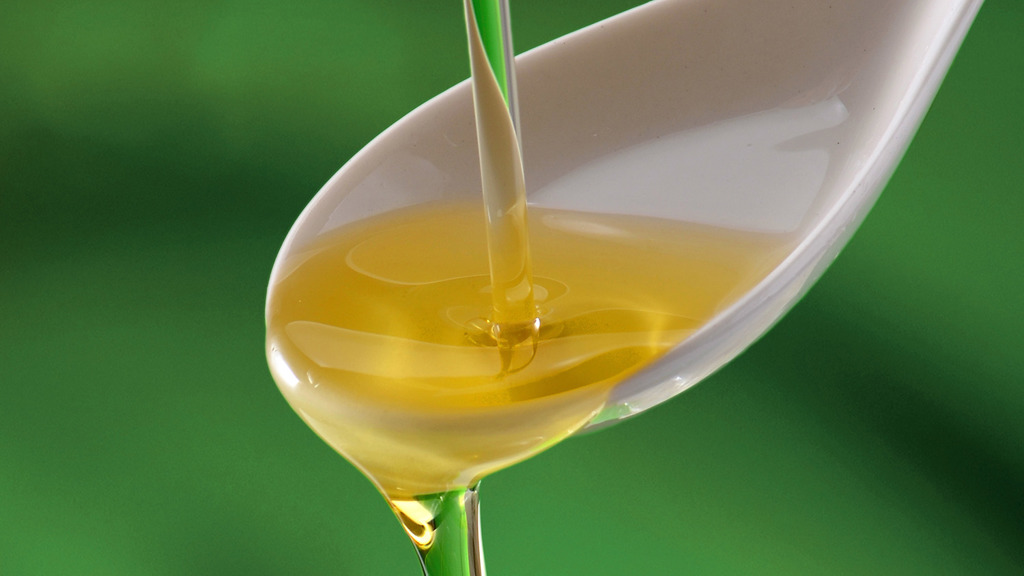As humans, we simply cannot live without fat.
The importance of fat
Found in every cell in the body, it is essential for structuring the cell walls and regulating important mechanisms in the body, for example our immune system. Fat is also a very important provider of energy (providing 37 kJ/g) and the most energy-dense part of our diet. It is recommended that approximately 30 percent of our daily intake comes from fat, equal to 60–90 grams for adults.
The essential fatty acids are nutrients which are required every day at well-balanced levels as they are precursors to a number of bioactive components which are required for the human body to function. As vitamins A, D, E, and K are only dissolvable in oils, the body is only able to absorb these in the presence of fat.
Different types of fats
There are several different types of fat, which are typically divided into four main groups:
Saturated fat
Found in animal products such as butter, cream, milk, meat, and vegetable oils from tropical plants (coconut and palm). Characterized by the ability to remain solid at room temperature.
Monounsaturated fat
Found in almonds, olive oil, rapeseed oil and other vegetable oils. Suitable for cooking, being more heat-stable than polyunsaturated fat.
Polyunsaturated fat
Found in most liquid vegetable oils, for example sunflower and soybean oil, and, to some extent, in oily fish such as salmon, mackerel, herring and sardines. Polyunsaturated fats are further categorized as omega-3 and omega-6 polyunsaturated fats. Two of the polyunsaturated fatty acids are essential: linoleic acid and linolenic acid. Based on these two fatty acids, the body is able to synthesize all other polyunsaturated fatty acids it needs.
Trans fat
A particular form of unsaturated fat. Industrially hardened vegetable fats were previously a major source of trans fatty acids, but after years of focus on decreasing the content of trans fatty acids in vegetable oils and fats, this source is now negligible compared to the natural content found in milk and fat from ruminants.





